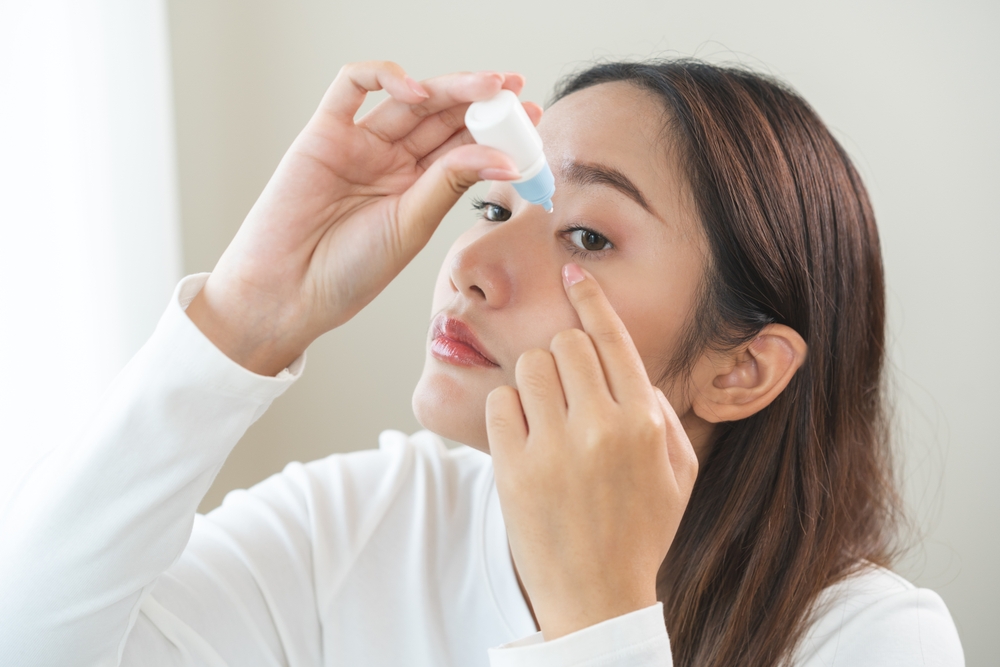
Maintaining optimal vision and eye health is often overlooked until a problem arises. When your eyes are healthy, you can focus on the things that matter most without the distraction of blurred vision, eye strain, or other vision-related issues. Proactively caring for your eyes can help you maintain clear, comfortable sight and reduce the risk of developing serious eye diseases that can lead to vision loss or impairment.
Common Eye Diseases and Their Impact on Vision
While the human eye is a remarkable and resilient organ, it is susceptible to a variety of diseases and conditions that can compromise its function. Some of the most common eye diseases include:
- Cataracts: A gradual clouding of the lens in the eye, which can lead to blurred or dimmed vision.
- Glaucoma: A group of eye conditions that damage the optic nerve, often resulting in peripheral vision loss and eventually, blindness.
- Age-Related Macular Degeneration (AMD): A leading cause of vision loss in older adults, AMD affects the macula, the part of the eye responsible for central, detailed vision.
- Diabetic Retinopathy: A complication of diabetes that damages the blood vessels in the retina, potentially leading to vision loss.
- Dry Eye Syndrome: A chronic condition characterized by a lack of adequate tear production or poor tear quality, causing discomfort, irritation, and vision problems.
These eye diseases can have a significant impact on your daily life, making it more challenging to perform routine tasks, engage in hobbies, and maintain an active lifestyle. Early detection and treatment are crucial for preserving your vision and preventing further damage.
Essential Eye Care Tips for Maintaining Healthy Eyes
Protecting the health of your eyes is an ongoing process that requires a proactive approach. By incorporating the following eye care tips into your daily routine, you can help keep your eyes in optimal condition:
1. Wear Protective Eyewear: Safeguard your eyes from harmful UV rays, debris, and impact by wearing sunglasses when outdoors and safety glasses when participating in sports or engaging in activities that pose a risk of eye injury.
2. Practice Good Digital Eye Hygiene: Reduce the strain on your eyes by following the 20-20-20 rule: every 20 minutes, look at something 20 feet away for 20 seconds. Adjust the brightness and contrast of your digital devices to minimize glare and take regular breaks from prolonged screen time.
3. Maintain a Healthy Lifestyle: A balanced diet rich in eye-friendly nutrients, such as lutein, zeaxanthin, and omega-3 fatty acids, can support overall eye health. Regular exercise and adequate sleep can also contribute to the well-being of your eyes.
4. Quit Smoking: Smoking is a significant risk factor for the development of various eye diseases, including cataracts, macular degeneration, and optic nerve damage. Quitting smoking can greatly improve your eye health and reduce your risk of vision loss.
By incorporating these essential eye care tips into your daily routine, you can take proactive steps to maintain the health and function of your eyes, ensuring that you can continue to enjoy clear, comfortable vision for years to come.
The Role of Regular Eye Exams in Early Detection and Treatment
Regular eye exams are a crucial component of maintaining optimal eye health. These comprehensive assessments not only evaluate the current state of your vision but also enable the early detection and management of potential eye diseases or conditions.
During a comprehensive eye exam, your optometrist will perform a series of tests and evaluations to assess the overall health of your eyes. This may include:
- Visual Acuity Test: Measuring your ability to see clearly at various distances.
- Refraction Test: Determining the appropriate prescription for corrective lenses, if needed.
- Slit-Lamp Examination: Closely examining the front of the eye, including the cornea, iris, and lens, to identify any abnormalities.
- Tonometry: Measuring the pressure within your eyes to check for signs of glaucoma.
- Optomap Retinal Imaging: Optomap is an advanced imaging technology that captures a wide-angle view of the retina, allowing for early detection of eye conditions and overall eye health monitoring.
- Dilated Eye Exam: Allowing your eye care professional to thoroughly examine the back of your eye, including the retina and optic nerve.
By catching eye diseases and conditions in their early stages, your doctor can recommend appropriate treatment options or preventive measures to help preserve your vision and maintain your overall eye health. Regular eye exams are particularly important as you age, as the risk of developing certain eye diseases increases with time.
Taking Care of Your Eyes for a Lifetime of Healthy Vision
The key to maintaining healthy eyes is a proactive approach that combines essential eye care practices, a commitment to regular eye exams, and a willingness to address any vision-related issues that may arise. By taking these steps, you can safeguard your eye health and ensure that your eyes continue to serve you well for years to come.
If you're looking to take a proactive approach to your eye health, Vision Source Grove Heights is here to help. We offer comprehensive eye exams, personalized treatment plans, and the latest in vision correction technology to ensure that your eyes remain healthy and your vision remains clear. Visit our office in Houston, Texas, or call (346) 782-0288 to schedule your appointment and take the first step towards a lifetime of optimal eye health.








